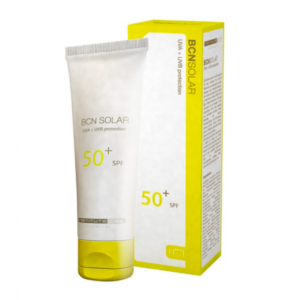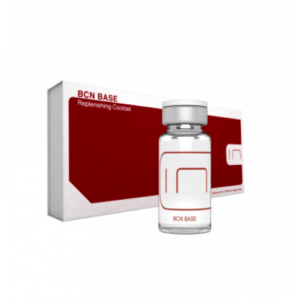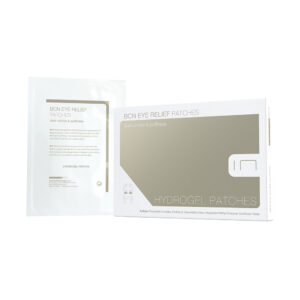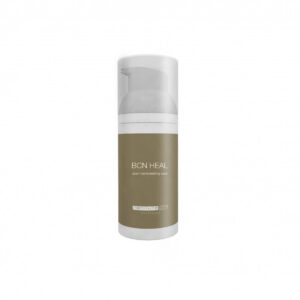Moisturizing, Softening film Forming skin, Nourishing skin.
Low molecular weight:
Deeply moisturizing, Repairing, Anti-oxidation, Anti-aging.
What is Hyaluronic Acid?
The skin’s extracellular matrix is composed primarily of two types of molecule: glycosaminoglycans and proteins such as elastin and collagen.
Hyaluronic acid (HA) is a glycosaminoglycan composed of repeating units of D-glucuronic acid and N-acetyl-D-glucosamine, found in many body tissues, particularly in connective tissue and the skin. Thanks to its viscoelastic and rheological properties, it carries out a number of important functions in the body. It helps maintain the extracellular space, facilitates extracellular ion and nutrient transportation and plays a part in the control of skin tissue hydration and the lubrication of joints via the synovial tissue.
Hyaluronic acid is produced intracellularly in the fibroblast cell membrane by specialised enzymes and is broken down by free radicals in the body and also via hydrolysis by enzymes called hyaluronidases.
Over the years, synthesis of hyaluronic acid in the human body reduces and degradation increases. The result is a loss of volume, the facial contour and the appearance wrinkles, giving the face an old and tired look.
Properties
Hyaluronic acid plays an important role in natural skin hydration.
Topical use provides deep and immediate hydration and forms a film on the skin that protects it from external agents, as well as giving it a firmer appearance and helping fill small wrinkles and expression lines.
It is capable of retaining a thousand times its weight in water and hence reconstituting the fibres that support skin tissue, improving shape.
Its use is very important for devitalised skin as its moisturising and protective properties also immediately soften the skin and enhance elasticity.
Many properties have been attributed to this long polysaccharide since it was discovered in the 1930s:
Hydration. One of its main functions is water retention and consequently its immobilisation. In this ways, cells remain plump and retain their elasticity.
Anti-ageing. Hyaluronic acid plays an active role in two vital cell processes: division and proliferation. Cell renewal is essential to ageing.
Regeneration. Regeneration of the skin goes hand-in-hand with cell proliferation.
Neutralisation of the oxidative process. Helps eliminate free radicals, improving skin condition and protecting it from the sun’s ultraviolet rays.
Tissue repair. In this sense, tissue regeneration aids facial rejuvenation.
Collagen and elastin. Stimulates production of both.
Healing. Heals, soothes and calms the skin.
Skin repair. It is a powerful repairing agent due to the properties of its fibroblasts, which accelerate skin renewal.






Reviews
There are no reviews yet.